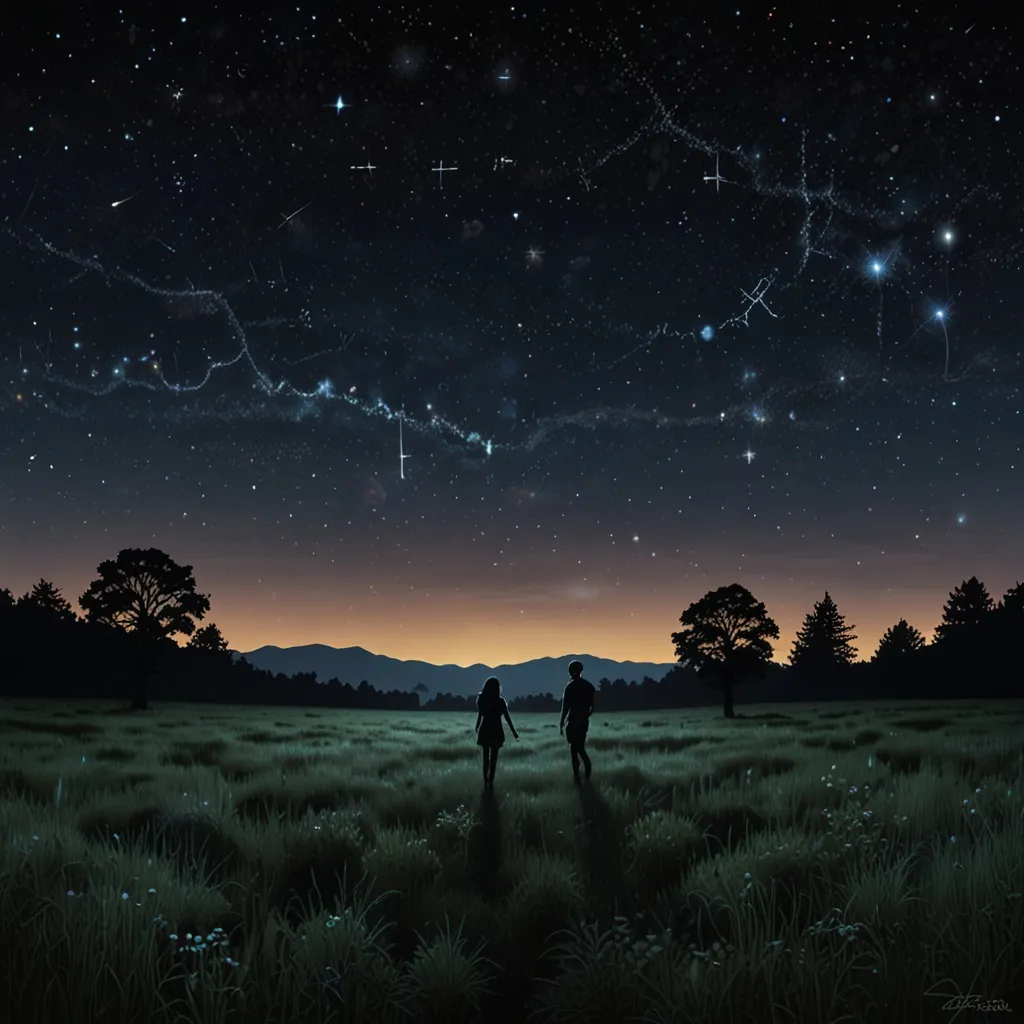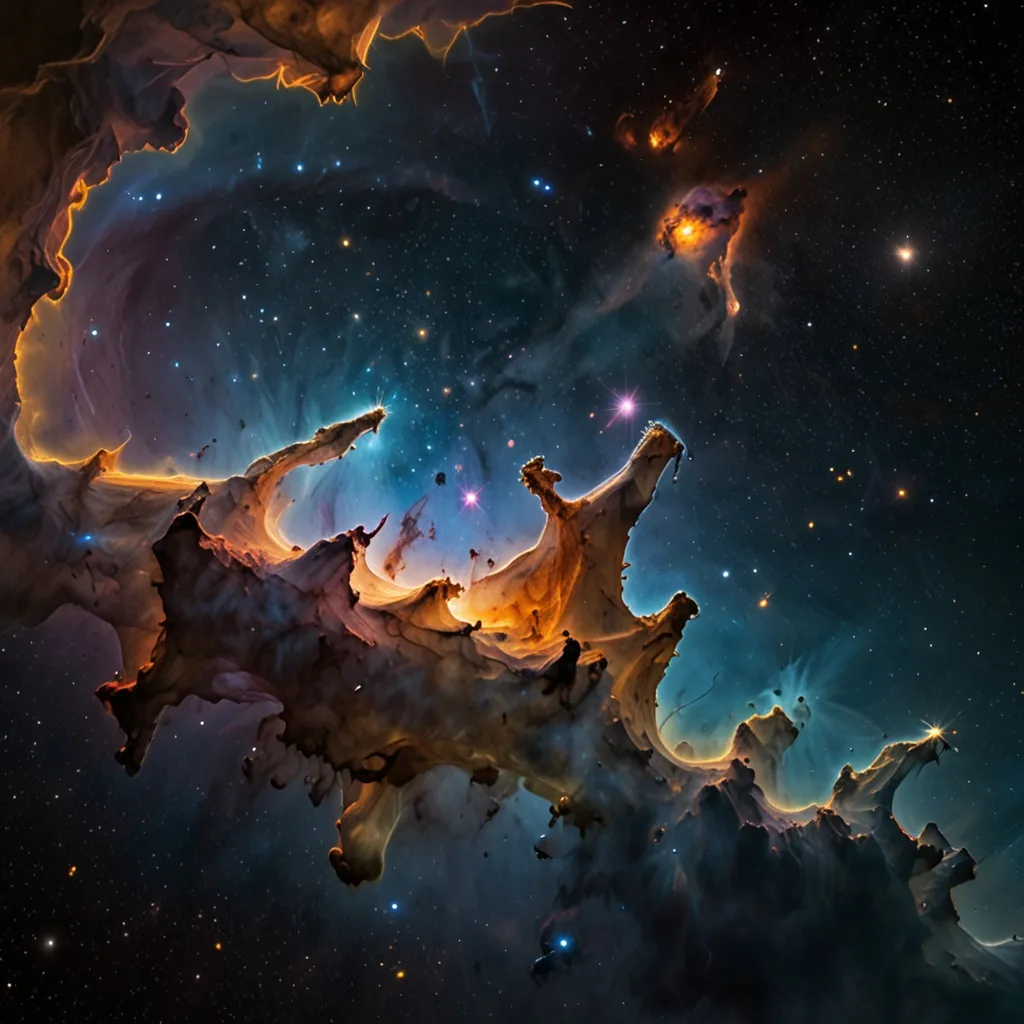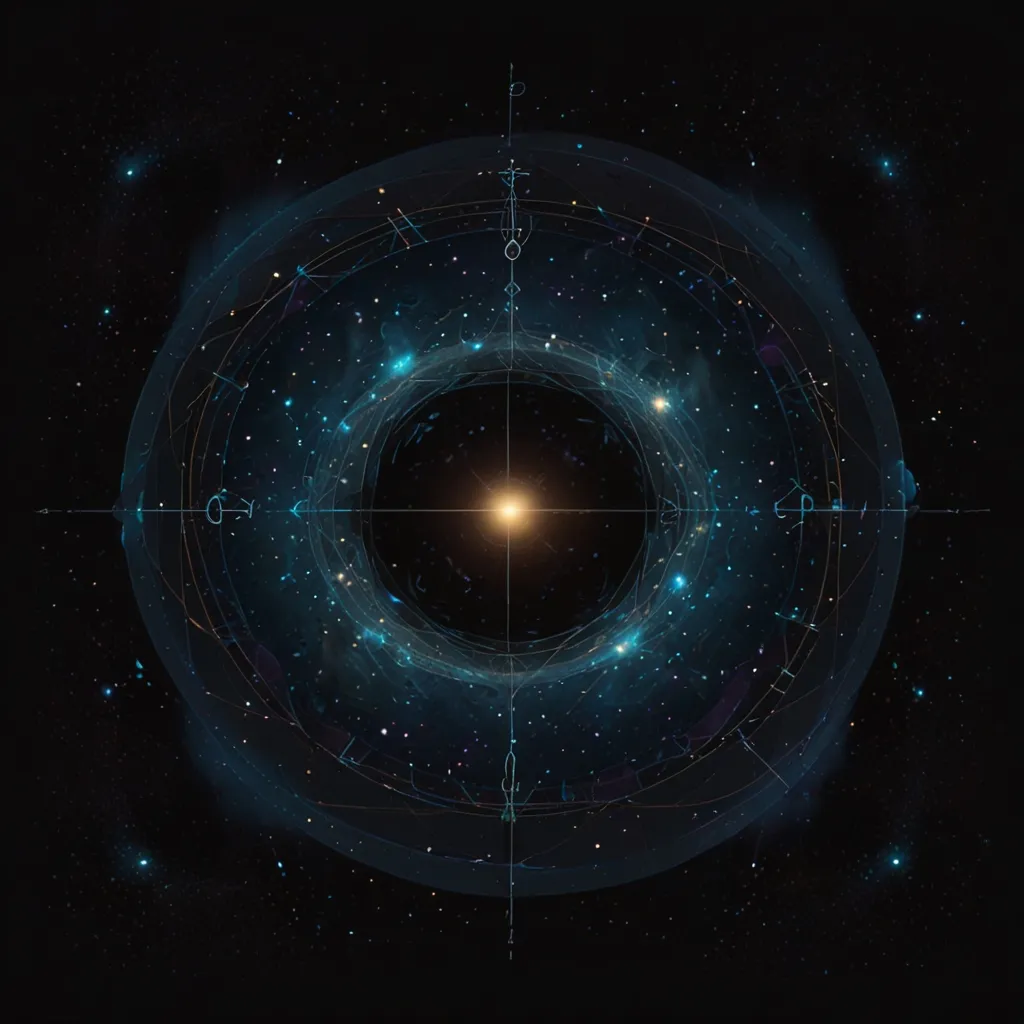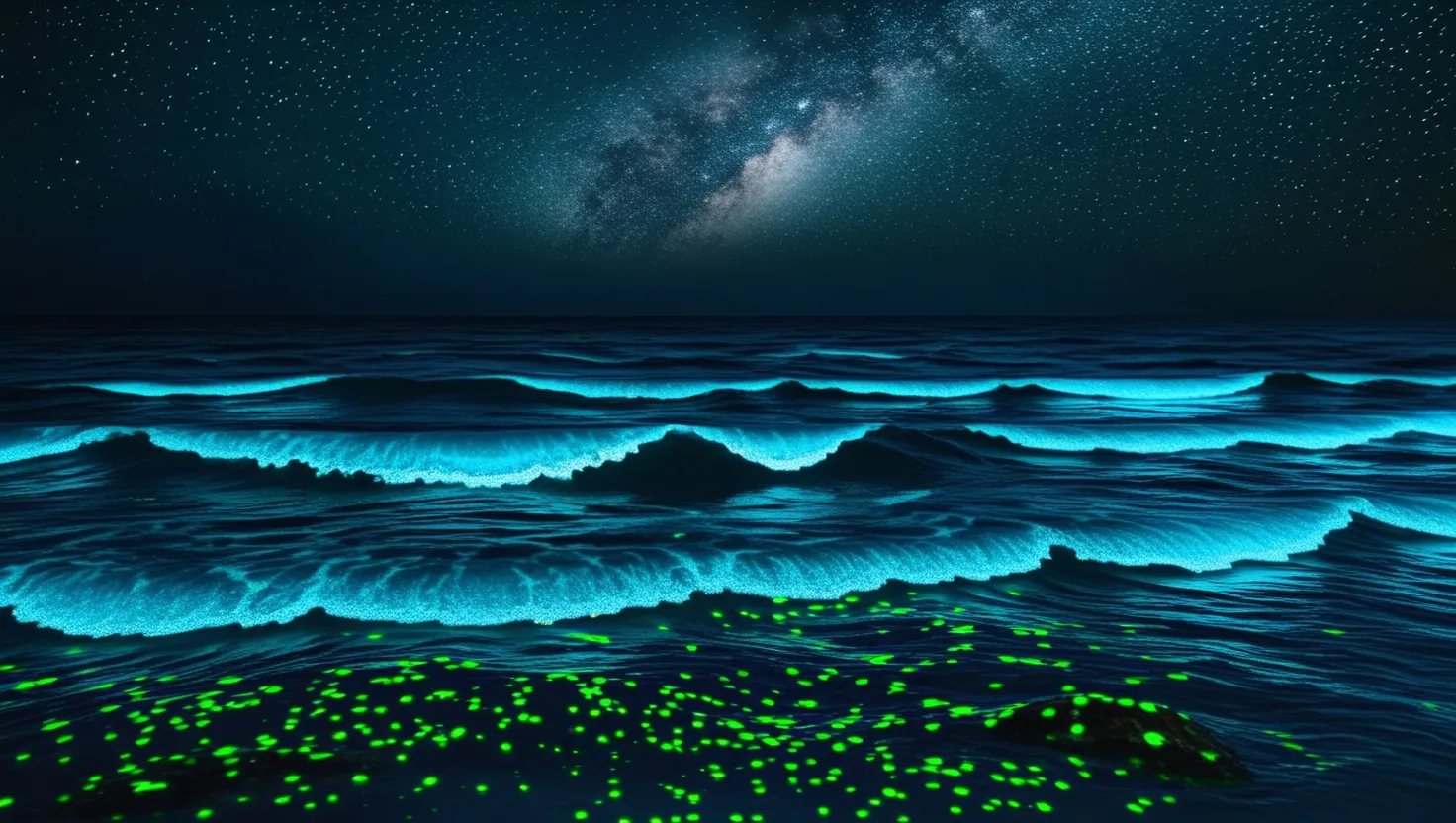About 7.7 billion people currently inhabit our planet, but since humans emerged, more than 100 billion individuals have died. These vast numbers spark an intriguing question: What happened to all those people? According to the law of conservation of matter, which states that matter cannot be created or destroyed, their atoms must still be around. In fact, the atoms of those who’ve passed on are now part of us, the world, and even beyond our earthly boundaries, embarking on a fantastic journey across the universe.
As you read this, around 500 people will have died. So, what becomes of them? Generally, human bodies are either buried or cremated. Both processes have fascinating outcomes for our atoms.
Our bodies consist of about 60% water, 20% fat, 15% proteins, 2% carbohydrates, 2% salts and minerals, and 1% other elements. Most of the water within us evaporates into the atmosphere or leaches into the ground, eventually joining Earth’s water cycle. This process turns the water into steam, rain, and ultimately, drinking water. This water is then used by living organisms, plants, and animals, including ourselves, to continue life’s cyclical nature.
The body’s soft tissues, made up of carbohydrates, fats, and proteins, are metabolized by about 100 trillion bacteria that have lived inside us, mostly in our guts. When alive, our immune system restrains these bacteria, but in death, they break down our tissues, turning them into water and carbon dioxide, among other things, which are then released back into the environment.
In addition to carbon dioxide and water vapor, molecules comprising our body’s proteins—such as nitrogen—become nitrogen oxides and ammonia, potent greenhouse gases released into the atmosphere. Other byproducts of our decomposition, like methane and hydrogen sulfide from anaerobic bacteria, contribute to this atmospheric mix. Simultaneously, nutrients from our bodies nourish the soil, benefiting surrounding ecosystems.
Cremation, on the other hand, turns our body into gases and ash. The gases enter the atmosphere, including water vapor, carbon dioxide, nitrogen oxides, and sulfur oxides. Interestingly, the ashes left behind approximately match our birth weight, containing large amounts of phosphate and calcium—key components of our bones. These ashes return to the soil, reentering the cycle of life, perhaps even becoming part of plants eaten by future humans.
While most of our atoms remain on Earth, a minuscule portion, including radioactive elements, undergoes fission, transforming into other elements and sometimes even drifting into space as helium. These atoms embark on cosmic journeys, possibly reaching the farthest parts of the universe, continuing their existence in various forms, for as long as the universe endures.
So, the next time you gaze at the stars, remember that we’re all part of this grand, ever-evolving cosmic story. Our atoms will always be around, echoing through the universe, keeping us connected in ways we can hardly imagine.






